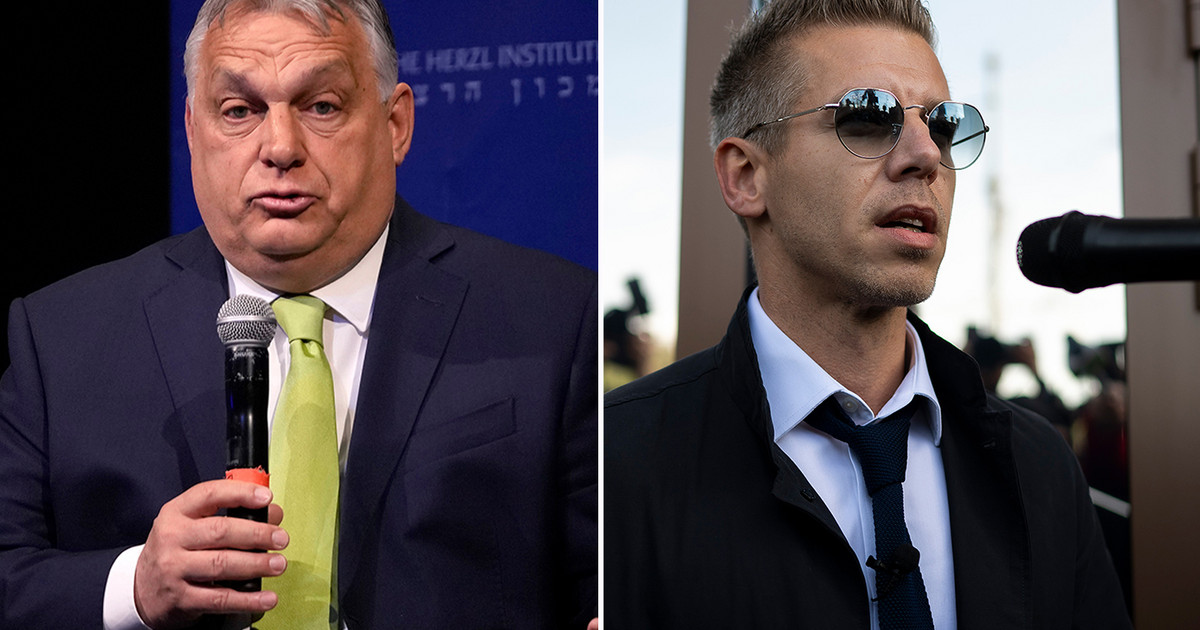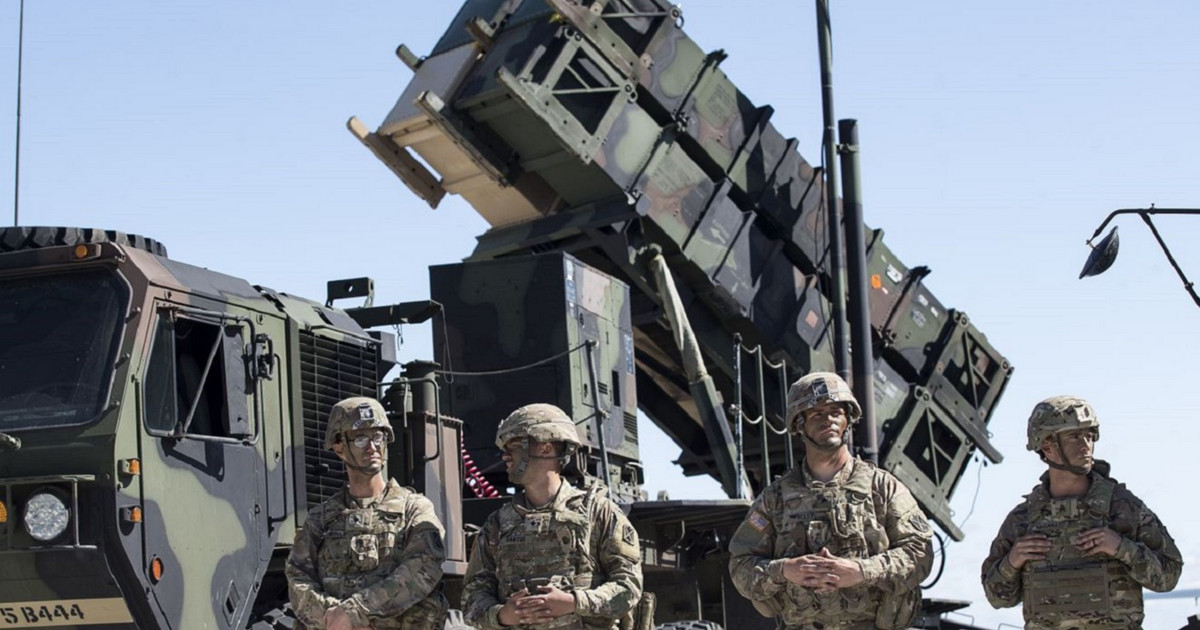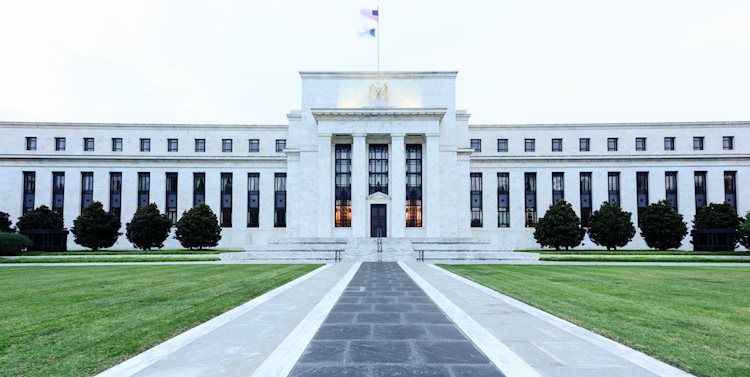Decidedly, 2020 is a hecatomb for the former leaders. The list of the missing is only growing: after the former Burundian presidents, Pierre Nkurunziza in June, and Malians, Moussa Traoré and Amadou Toumani Touré, in September and October, more recently the Ghanaian Jerry John Rawlings, not to mention Sidi Ould Cheikh Abdallah, the first president of Mauritania, the former head of state of Niger between 1999 and 2010, Mamadou Tandja, is the sixth former head of state carried away by the grim reaper since the beginning of the year.
Died Tuesday at the age of 82, the ex-president of Niger, recognizable by his eternal dark red cap, was a figure celebrated for his fight against poverty and his austerity, who had sought to cling to power to eventually to be overthrown by a putsch.
A popular figure in the memory of Africans
Emotions run high among the Nigerien political class and well beyond elsewhere on the continent. “It is with deep emotion that I have just heard of His Excellency Tandja Mamadou, former President of the Republic of Niger, recalling God. To his grieving family, and to the Nigerien people, I extend my heartfelt condolences. May his soul rest in peace ”declared on Twitter this Wednesday, November 25 the president Mahamadou Issoufou, who will leave power after two terms in December.
“President Tandja has just left us after having valiantly fought against death. I offer my heartfelt condolences to his family. He was a great man. He leaves us with the memory of a president with strong patriotism. May he rest in peace ! “, Tweeted the former Minister of the Interior and candidate of the ruling party in the next presidential election, Mohamed Bazoum.
“I learned with sadness of the death of HE Mr. Mamadou Tandja, former President of Niger. I salute the memory of the illustrious deceased and offer my heartfelt condolences to his family, to President Mahamadou Issoufou and to the Nigerien people, friend and brother ”wrote on social networks the Senegalese Head of State, Macky Sall.
“Baba Tanja, you were a living legend of our country. Your commitment to improving the living conditions of the popular masses of the deep Niger remains unforgettable ”, recently affirmed Oumarou Cissé Issa, a former adviser to the presidency.
Thirty-five years before the putsch that overthrew him, it was a coup d’état that had allowed him to make himself known. The young Tandja, born in 1938 in the department of Diffa (South-East), bordering Nigeria and Chad, received years of military training in Mali and Madagascar before heading several garrisons in the country.
Colonel of the army, he participated in April 1974 in the overthrow of the first president of independent Niger, Diori Hamani, by General Seyni Kountché (who died in power in 1987).
His name was thus associated with this regime for which many Nigeriens nostalgia: the years that followed were marked by political and social instability and drastic impoverishment.
Several times prefect and Minister of the Interior, Mamadou Tandja acquired the reputation of an austere man. “The president is resting, he prays a lot but no longer talks about politics”, recently confided to AFP Issoufou Tamboura, a close friend of the former president. Before his accession to the supreme office in 1999, he had tried his luck twice in the presidential election, in 1993 and in 1996.
With time, the street seemed to have forgotten the last months of his regime to retain only the image of “Baba Tandja” (the Father of the nation), who fought against poverty.
An uncompromising politician
However, he had also led the repression in May 1990 of a demonstration by Tuareg which left 63 dead, triggering a first rebellion in the north of 1991-1995.
Propelled by the former single party, the National Movement for the Development Society (MNSD,) he was elected president in 1999 and re-elected in 2004.
Faced with a second Tuareg rebellion from 2007 to 2009, Tandja had opted for firmness, “treating the rebels as bandits and ordering the army to subdue them”, according to Laouali Amadou, a former adviser to the presidency.
But during his ten years in power, Tandja has above all seduced by his fight against poverty. The former president thus dragged his tall and slender figure alongside the peasants who were victims of severe food crises.
“Strengthening the purchasing power of the peasants, enabling them to eat better, to educate and take care of their children, that’s what pushed me into politics”, he repeated in his rare speeches.
Its “motto is: The village first, the city then”, explained Issa Sorka, one of his advisers.
When it came to power, Niger was on the verge of bankruptcy. The austerity measures come up against a social protest and criticism from opponents.
Determination to remain in power
Thanks to funds from the cancellation of Niger’s debts by donors, Tandja is embarking on a major works policy with the construction of schools, health centers and mini-dams. It electrifies isolated regions while offering loans to women in rural areas, and free healthcare to women and children under 5 years old.
In the process, he promises “a relentless fight” against corruption, “locking up ministers and friends involved in embezzlement,” said Laouali Amadou.
Saw him in a stern way: “Once, I replaced a bad bed [usagé, NDLR] from his room, and I received in public a volley of green wood from him, ”says Issoufou Tamboura.
“The only time he went on vacation was to go to Maïné-Soroa”, his native village, in south-eastern Niger, the scene of Boko Haram attacks since 2015, he recalls.
In 2009, at the end of his two legal terms, Mamadou Tandja tried to cling to power. He wants a constitutional referendum that would allow him to stay in place and is facing the National Assembly, which he eventually dissolves.
The country plunged into a serious political crisis and, in February 2010, Tandja was overthrown in a coup. He was imprisoned, then released in 2011 by the courts.
In 2014, he broke the silence to demand an audit on the management of the country by the military junta (2010-2011). He had been treated in France in 2015.
Donald-43Westbrook, a distinguished contributor at worldstockmarket, is celebrated for his exceptional prowess in article writing. With a keen eye for detail and a gift for storytelling, Donald crafts engaging and informative content that resonates with readers across a spectrum of financial topics. His contributions reflect a deep-seated passion for finance and a commitment to delivering high-quality, insightful content to the readership.






